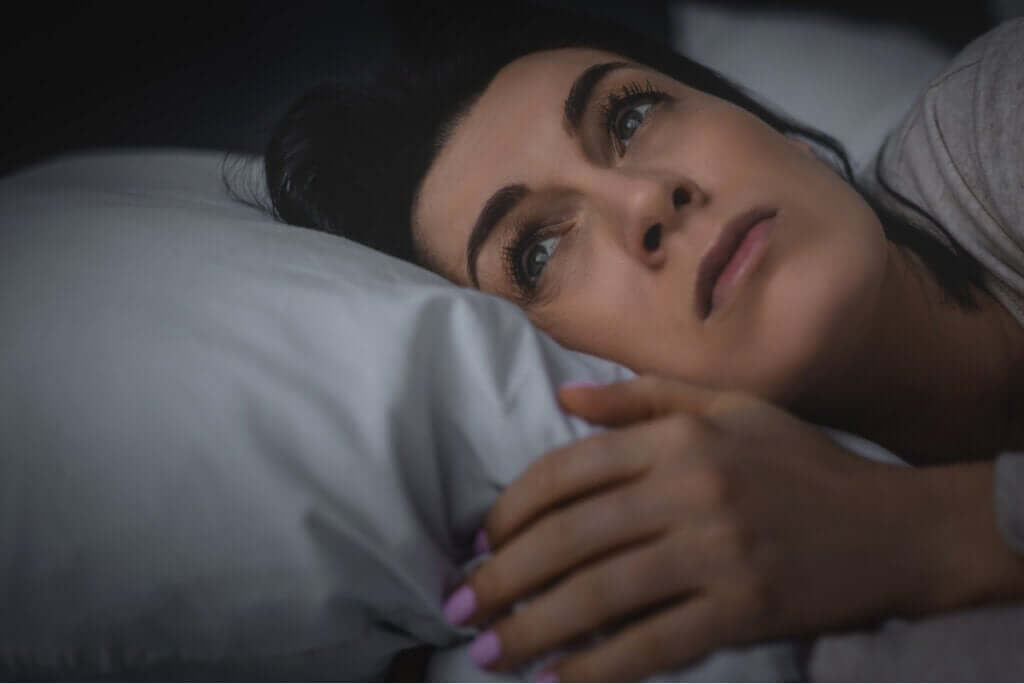Loneliness and sleep problems are increasing difficulties in the world, the first has increased markedly, to the point that countries like the UNITED Kingdom already have a ‘Ministry of Solitude’, on the other hand sleeping badly has also become a very common phenomenon around the planet.
The novelty is that a study has found a link between the two phenomena. Apparently, poor sleep causes a strong sense of loneliness. Although the study doesn’t mention it, it’s known that when a person doesn’t live well with their loneliness, they often have difficulty sleeping.
- Poor sleep causes a storm of sensations.
- It is clear that lack of sleep affects mood: it reduces our motivation.
- Makes us more irritable and makes us less able to direct and maintain our attention.
- The study we will then discuss shows that poor sleep also increases the feeling of loneliness.
“Sleep is the best meditation. -Dalai Lama-
The study on the relationship between lack of sleep and loneliness was conducted by neurologists Eti Ben-Simon and Matthew Walker of the University of California, Berkeley, and the findings were published in the journal Nature Communications in 2018.
An earlier study of 140 volunteers had already shown that after a night of sleep deprivation, people reported a sense of isolation and had no one to talk to. Ben-Simon and Walker wanted to confirm and clarify these results.
To do this, they asked 18 young people to sleep all night without interruption, the next day they had to stay awake all night in a laboratory, to achieve this they were assigned various activities so that they could not fall asleep. even for a minute.
Then a video was released. In it you could see a person walking towards him, at a distance of 3 meters, they were asked to press a button when they felt that the person was too close, the results showed that, on average, the volunteers stayed 15% further away from the group that had slept the night before.
Researchers also found that an area associated with a sense of threat was activated in the volunteers’ brains when the person in the video approached the camera, i. e. they felt the proximity of others as a risk.
A decrease in activity was also observed in areas of the brain associated with socialization, which meant that they were less motivated to interact with others.
On the other hand, volunteers said they felt more alone. According to one of the researchers: “The less we sleep, the less we want to interact with others; on the contrary, we avoid social interactions, which reinforces the interpersonal consequences caused by lack of sleep?
Eti Ben-Simon and Matthew Walker took the experiment to a second phase, involving 1000 volunteers. Each of them was presented with videos showing the 18 volunteers from the previous experiment, each recording lasted just over a minute, during which each of the 18 volunteers spoke about casual topics, guided by a 10-point questionnaire.
Half of the videos were recorded after one night’s sleep and the other half after a sleepless night. Viewers didn’t get this information. They were recorded after a night’s sleep or after a night’s sleep. night awake.
They should then evaluate which of the participants seemed to be more alone; most viewers identified those who did not sleep, as well as indicating that they saw no motivation or guidance in them to interact.
In the latter part of the experiment, the 1000 volunteers were tasked with sharing their own feelings after watching videos of the first 18 participants, the result was that seeing who had not slept also increased the feeling of loneliness in the audience.
Researchers noted that, to some extent, the feeling of loneliness was “contagious. “Several said that, inexplicably, they felt more alone after watching the video of a sleep deprived person.
The end result is that lack of sleep predisposes socialization with others negatively and also causes feelings of rejection towards others. The good news is that only one night’s sleep is enough for the above effects to go away.

